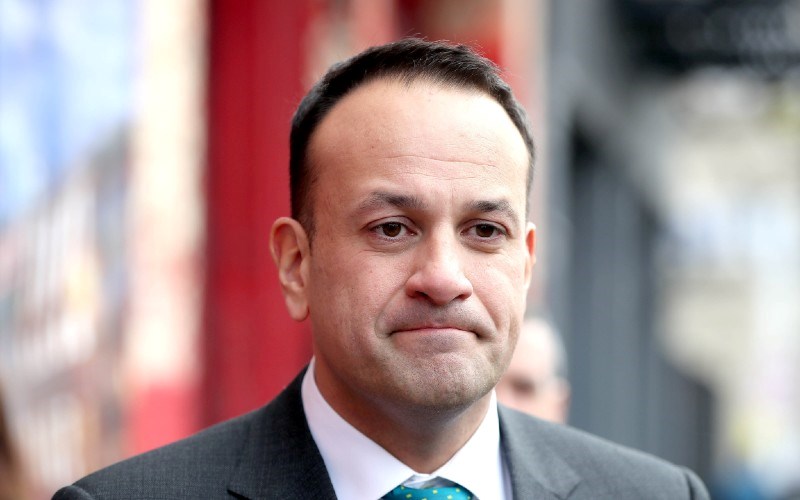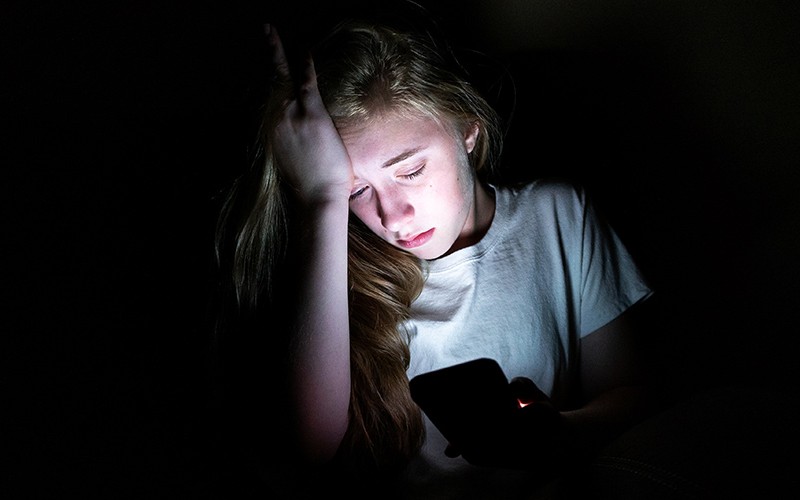As the country struggles with what many see as an immigration crisis, leaders there are expected soon to pass a hate-speech law that is considered by free-speech advocates to be among the most restrictive in the Western world.
Donald Trump Jr. in May called the proposed law "insane." Elon Musk, owner of X, formerly Twitter, wants to take legal action against it.
Attention around the issue has heightened since a series of stabbings in Dublin, including several last week at a school in which the suspect was reported to be an Algerian national who had been arrested previously on a knife charge. Three young children were stabbed.
Keith Woods, an Irish political activist, argued Monday on American Family Radio there is "justifiable anger" among the population of Dublin.
"This is inner city Dublin [which] is now about 43-44% Irish people. It's been just a rapid, rapid demographic transformation. And it's one of the less-affluent areas, so the working-class people there are watching their country disappear before their eyes; and anytime they've tried to express discontent about this, anytime they've tried to make their voice known on what this mass migration is doing to their communities, they've been shut down by the government and the media," Woods said.
Woods told show host Jenna Ellis that Dublin families within the past year have gathered in peaceful protest to express concern about the influx of unvetted male migrants, only to get labeled "far-right and extremist" by the government and media.
The law has already passed one chamber of Parliament and is strongly supported by Prime Minister Leo Varadkar who, even before the law's passage, has pledged to crack down on people with certain viewpoints should they engage too aggressively with riot police.
The inability for citizens to express valid concerns has created a powder keg in Ireland, Woods says, and he expects the environment will worsen with the passing of the new law which makes people subject to arrest and jail time for merely possessing what the law will define as hate speech on a personal device.

"They have written a very radical law which not only prohibits hate speech but defines it, as you would expect, very vaguely as any expression that could possibly lead to violence, the threat of violence, or action against a protected or minority class. "On its strict terms, it would basically give Irish law enforcement the power to arrest just about anyone just about any time for just about anything." Ron Coleman, attorney |
Woods calls the law's passage "inevitable."
Supporters of the new law say previous hate-speech laws enacted in 1989 are outdated. However, the current law allows for a person to mount a defense by saying he or she did not "intend" to spread hatred. Woods explains that changes in the new law.
"If you have a meme on your phone or your laptop, and even if you didn't have any intent to distribute that to spread hate, you could potentially go to jail for possessing that," he said.
Woods said polling indicates that 75% of Irish oppose further immigration.
"The speech laws are there to silence opposition to this mass-migration plantation agenda," he emphasized. "Unfortunately, people express their discontent in any way they can. Then, of course, when they go out and riot – because they have no peaceful means to express their opposition to immigration – that's used as a justification to bring in even more strict hate-speech laws.
"It's a terrible system – but at the end of the day, the Irish people lose," Woods said.







